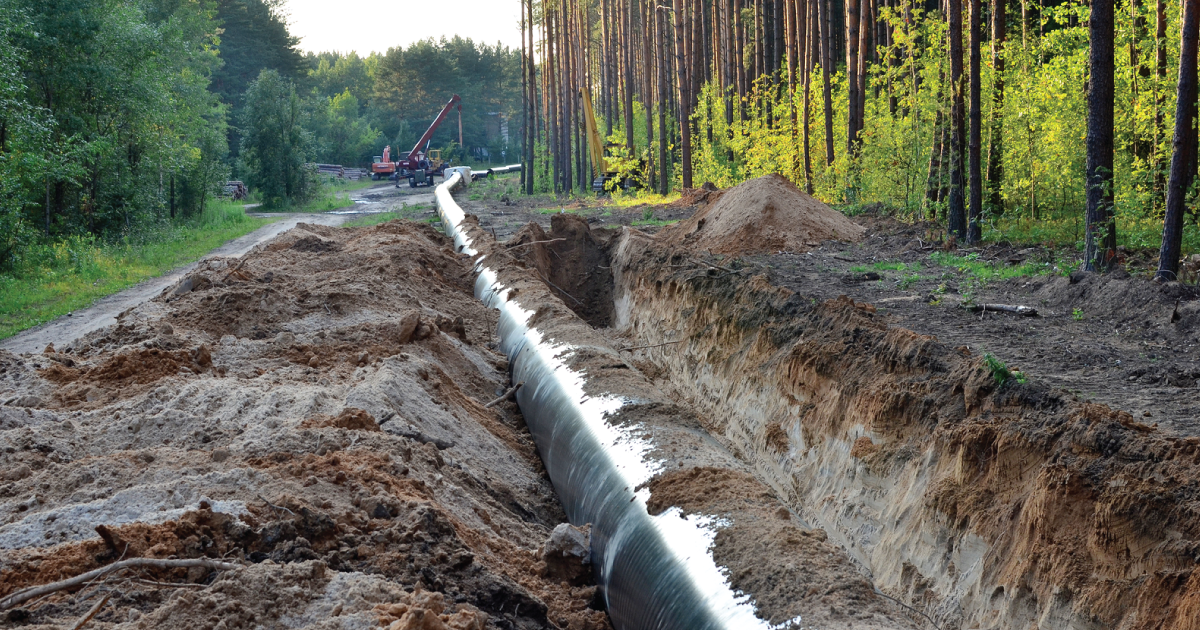
COP27 Reignites The Debate About Carbon Credits
Some argue that a carbon credit scheme is an essential form of climate financing for developing countries, others argue that it could easily fall prey to green-washing.Agreements over a global carbon credit scheme have been slow to develop. Last week, United States climate envoy John Kerry was heckled when he unveiled a new carbon credit scheme at a packed COP27 event.
April 1, 2023 | Source: OilPrice.com | by Haley Zaremba
COP27 is highlighting the controversial and sometimes contradictory nature of carbon credits as proposals for crediting schemes spark debate and even heckling at the event currently in its second and final week in Sharm El Sheikh, Egypt. While some argue that a carbon credit scheme is an essential form of climate financing for developing countries, others argue that it could easily fall prey to green-washing and is ultimately a distraction from more impactful and sustainable solutions. The idea behind carbon offsetting is to allow countries or companies to offset their own greenhouse gas emissions by paying other entities to cut theirs. The thinking is that this would allow better-funded companies to financially assist poorer countries with their decarbonization efforts. The critique, of course, is that these better-funded companies or countries can then continue business as usual without necessarily investing in their own decarbonization. In essence, by buying carbon credits from the carbon credit market, they can check their own box for lowering emissions without doing so in practice.
Some world and industry leaders see the carbon credit market as an essential component to solving complex climate funding issues, while others see it as greenwashing which obfuscates more intensive decarbonization goals. There are also major political sticking points. From one perspective, it is a form of injustice that the developing world, which has contributed the least to global greenhouse gas emissions, is now being asked to carry the burden of decarbonizing their own economies before they’ve had the chance to fully develop, while rich countries with a long history of carbon-based economic development can continue to enrich themselves off of fossil fuels. From another perspective, carbon credit schemes are an efficient, cooperative, and mutually beneficial way of financing decarbonization in countries that cannot afford to do so on their own.
